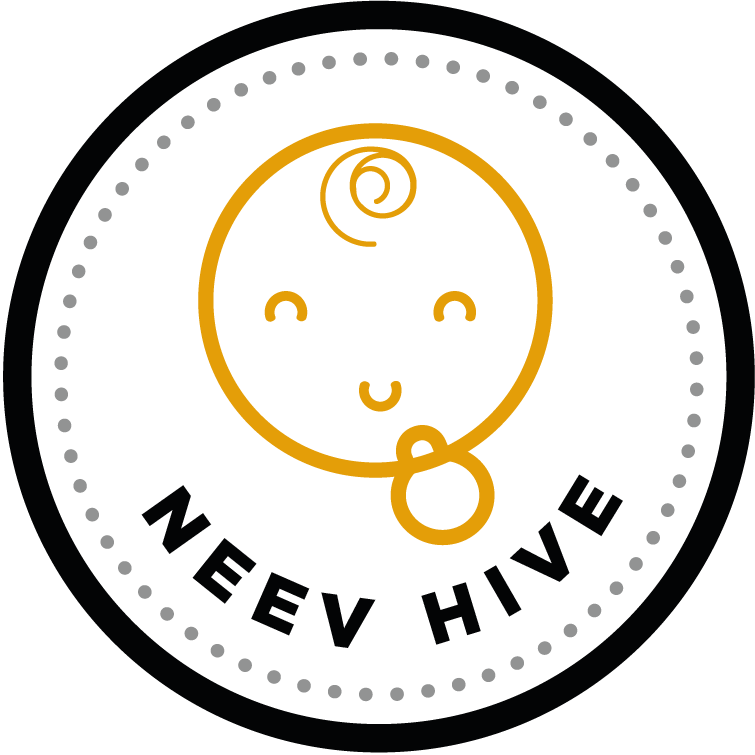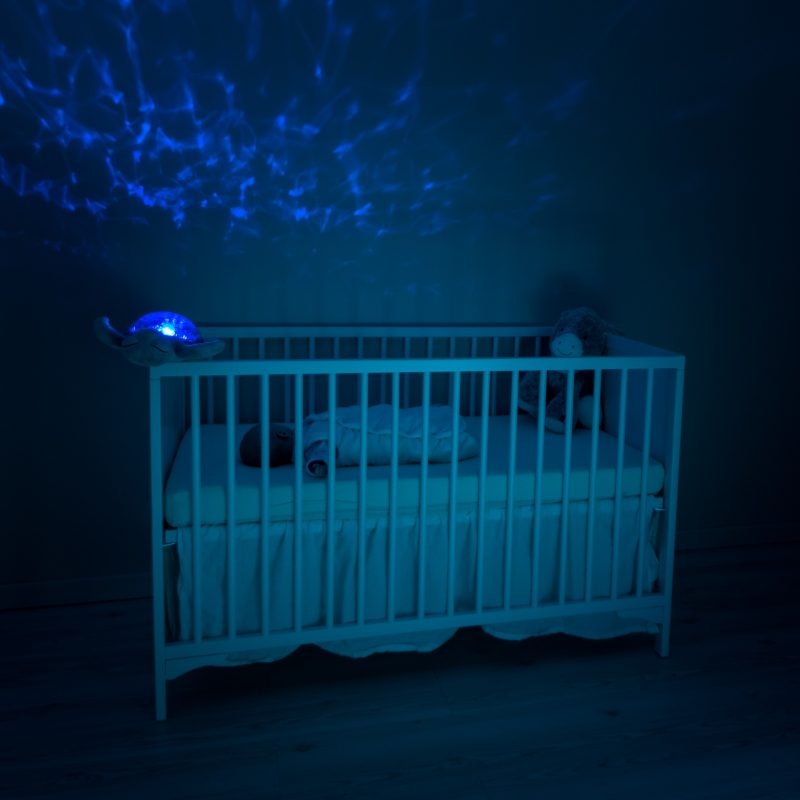A few years ago I had emergency spinal surgery. I was told I would be back at work in 12 weeks after surgery. I remember being bitterly disappointed when after 12 weeks not only was I not back in work but I wasn’t able to walk without a zimmer frame. My point is unrealistic expectation can be a killer of hope and impact hugely on our mood and general mental health. One of the common themes that I come across when supporting families with sleep issues is the comparison to others and the unreal expectation that babies should be sleeping ‘through the night’ from very early on. I’m not sure where this unreal expectation came from but I find it is maintained today. When I attend baby groups or are just casually speaking to new parents I find that people are still very fixed on the idea that sleeping through the night from an early age is not only realistic but is expected and normal.
Before becoming a sleep consultant, I worked as a mental health and learning disability Occupational Therapist. I am a firm believer in normalising stressful and negative thoughts and the importance of not only listening to parents but also dispelling unreal myths about sleep or unrealistic expectations.
When we are sleep deprived it is like wearing the opposite of rose tinted glasses – this negative view and sensitivity to criticism is hard to shake. I remember nearly bursting into tears at a baby yoga class when a mother proudly proclaimed her 4 week old was now sleeping through the night. If I were to hear this same mother now I would be delighted for her but at the time I was so exhausted it felt like more evidence that I was failing. (This is what I mean by the negative bias when we are sleep deprived- it is like a magnet for negative thoughts and views and seeking out any evidence to confirm you are not doing well). I strongly believe this experience of extreme sleep deprivation has helped me in my work with families over the last 10 years. This empathy and understanding of sleep deprivation is hard to describe and I’m not sure that you can understand it without experiencing it first hand. I’m not one for saying – ‘I know what its like’ as often this dismisses the persons thoughts and ideas that they are being listened to but often the families I work with communicate this to me that they feel I have understood and been there, done that.
At a recent perinatal metal health group we started talking about the façade of motherhood and the need to appear like you are always keeping it together and juggling it all. It got me thinking about real conversations and topics at mother and baby groups and how much actually was about keeping up with the Jones rather than anyone saying ‘gosh this is hard or I’m finding this hard’. This is part of the unrealistic expectation bubble where parents don’t feel that they can ask for help or accept help when offered. I wonder how this tone can be addressed or what would need to happen to support this?
My goal with sleep support has always been to not only reduce sleep deprivation but to promote quality of life and positive mental health. I love that through sleep consultancy we can make such huge changes on outlook and mental health and my ultimate aim is to promote positive family life and wellbeing.
Sleep consultancy to me is about realistic achievable goals that are family centred and with their views at the heart of the process. I love the education aspect involved in sleep work with families but also the emotional and mental health aspect too. To me my heart is definitely in sleep support and working with families. It is a privilege to be trusted at such a raw time, I look forward to supporting the next family in their journey.


